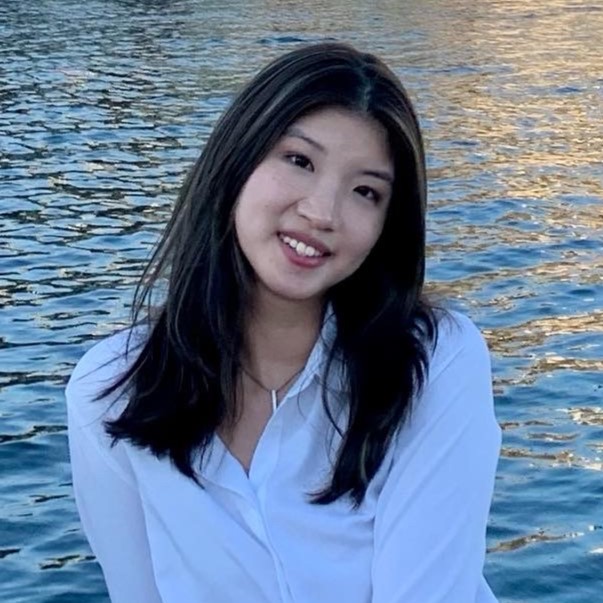Telehealth
(PS12-95) In Which Format Should We Deliver Psychotherapy for Anxiety Disorders? A Network Meta-analysis

Tao Lin, M.S.
Doctoral Candidate
Ohio University
Charleston, South Carolina, United States- CL
Chaoyun Li, M.A.
Research Assistant
New York State Psychiatric Institute/Columbia University Medical Center
New York, New York, United States 
Jessica S. Cheng, B.A.
Research Coordinator
Baylor College of Medicine
Houston, Texas, United States
Yuhan Zou, B.A., Other
MPhil student
University of Cambridge
Cambridge, England, United Kingdom- MW
Mackenzie Yexuan Wang, M.A., M.Ed.
Research Assistant
Teachers College, Columbia University
Long Island City, New York, United States - YP
Yutong Pan, B.S.
Student
University of Illinois, Urbana-Champaign
Champaign, Illinois, United States - PZ
Peiqi Zheng, M.A.
Graduate Student
Columbia University
New York, New York, United States 
Jiayi Zhao, B.S.
research assistant
Boston College
Boston, Massachusetts, United States- SL
Shunyu Li, M.S.
Research Assistant
University of Chinese Academy of Science
Beijing, Beijing, China (People's Republic) - YZ
Yimeng Zhang, B.S.
student, Research assistant
Zhejiang Sci- Tech University and Zhejiang university
Hangzhou, Zhejiang, China (People's Republic) 
Mark Shuquan Chen, M.S. (he/him/his)
Graduate Student
Columbia University
Jersey City, New Jersey, United States
Author(s)
Co-Author(s)
Anxiety disorders, impacting roughly 4% of the global population, present a significant public health challenge. Psychotherapy, an efficacious treatment option for anxiety disorders, can be delivered in various formats, including individual therapy, group therapy, videoconferencing therapy, telephone therapy, guided self-help, and unguided self-help. Each format, varying in treatment intensity, has unique advantages and disadvantages. Although many meta-analyses have examined the effects of different therapy formats, these conventional pairwise meta-analyses are limited to comparing only two formats at a time. No studies have simultaneously examined the relative efficacy of multiple psychotherapy formats for anxiety disorders. This study aimed to evaluate the efficacy of six psychotherapy formats in treating adults with anxiety disorders using network meta-analysis. We performed systematic literature searches in PsycINFO, Medline, Cochrane and Embase databases up to September 2023, and identified additional articles through previous meta-analyses, references from included studies, and expert contact. All randomized controlled trials comparing the efficacy of the six psychotherapy formats (individual, videoconferencing, telephone, group, guided self-help, and unguided self-help) with each other and with control conditions were included. The initial search yielded 11,017 articles. Of these, 109 were eligible for this study. We plan to analyze the relative efficacy of the six psychotherapy formats for various types of anxiety disorders (e.g., generalized anxiety disorder, social anxiety disorder) and to explore the moderators of psychotherapy formats and treatment outcome. The preliminary results indicate that while unguided self-help is easily accessible, it appears to be the least effective treatment format. This study can elucidate which psychotherapy format is most effective for which anxiety disorders. Such findings have critical implications for the development of stepped care treatment for anxiety disorders.

.png)
